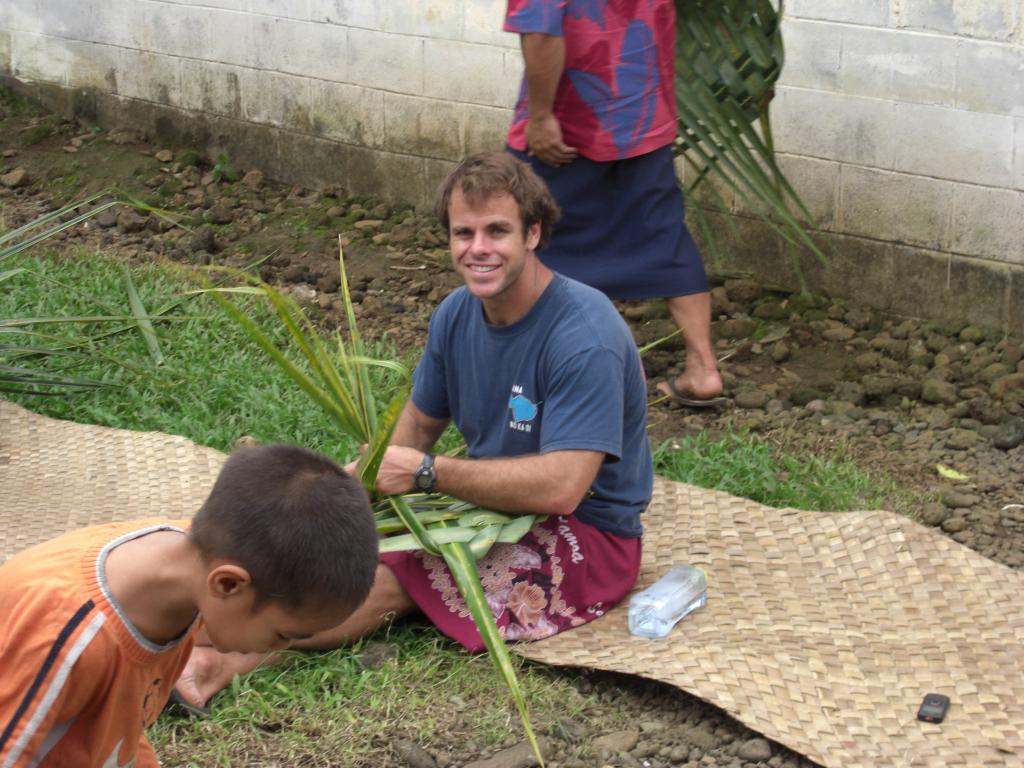Malawi Summer Immersion Seminar
Written by Joe Lanning, Instructor
I recently completed a program review for the college version of the Malawi Immersion Seminar. I had a pretty good idea of what I would find during the program review. However, I was a little surprised and overwhelmed by the interviews I did with our home-stay families in Malawi.
I first asked, why do you spend your time involved with the program, investing space, money, resources, etc. in making our students comfortable, cooking them meals, and teaching them? The response to my question was clear, concise, and powerful. They are involved because they see the exchange between our cultures as critical for breaking down the miscommunication and resulting conflicts that can occur when different people, from different places, fail to engage each other as equals who are willing to share themselves and their resources with each other.
Cultural exchange is what defines our program. Our host families understand it, our instructors understand it, and our previous students understand it. It is time for you to join us in Malawi and understand it too.
I am currently in Malawi working on some research and setting up the summer program for 2013. It isn't too late for you to apply and join the more than 150 students who have both shared and gained something back through the transformative Malawi Immersion Summer Seminar. I hope to see you in July!
* * *
Samoa Summer Immersion Seminar
Written by Brent Vickers, Instructor
How many people are in your family? How many siblings do you have, and how many of them live with you at home? These may seem like basic questions to you, but when you work with people in different cultures, you find that even those seemingly simple questions can be very confusing to others.
I am a cultural anthropologist. As a researcher, I am interested in understanding globalization, economic development, and climate change. Ultimately, I would like for my work and research in Samoa to enable others to improve their lives. In order for me to do this research, I must talk to people and try to develop an understanding of how they are able to make a living, what they value, what they want for the future, and what factors they must overcome.
Yet I have found in my work that it’s not easy to get the desired information from people from a different culture without practice and a deep understanding of their society and culture!
I learned this the hard way, during my first set of surveys in a small Samoan village. Doing the actual research was easy. I walked from house to house in a small village and asked people if they had time to talk to me. Almost everyone invited me into their house warmly; some people even shared some tea or coco with me as we talked or gave me mangos to take back home with me.
Everyone answered all the "simple" family questions that I had translated from English to Samoan, and at the end of the day, I felt pretty good about myself.
But when I looked over all the responses on the surveys, nothing seemed to add up correctly. I had been working with Samoa for four years at this point, and was aware that "family" has a different meaning in Samoan than in English. I knew that Samoans often consider their extended family, sometimes extended to their fourth and fifth cousins, as their "family.” I also knew that family members often change households; children will often spend several years living in their aunts’ and uncles’ households. But I never expected to get such an array of responses to questions I thought were pretty easy.
So, I got a Samoan friend from the village to help me revise all of my questions. It took us two days to revise ten questions so that the meaning of my questions were clear to others. For example, rather than asking, "How many people are in your family," I now asked, "How many members of your family are currently living together in this household?"
Samoa is a beautiful place. It’s a country of rugged volcanic islands and rain forests that lead right into the surrounding seas. It’s a country of small farming villages that are headed by a complex system of chiefs. It’s one of the most unique countries in the entire world, but few travelers will ever have the opportunity to understand just how beautiful and unique the country and its people really are.
The Samoa Immersion Summer Seminar
The March 1st Pre-College Programs Study Abroad deadline is quickly approaching! Apply now!

